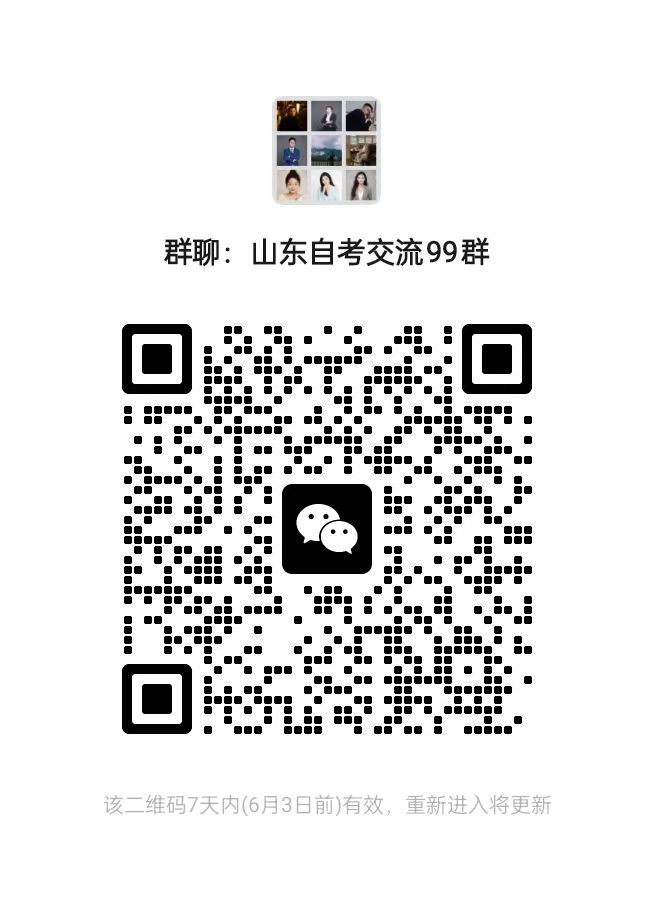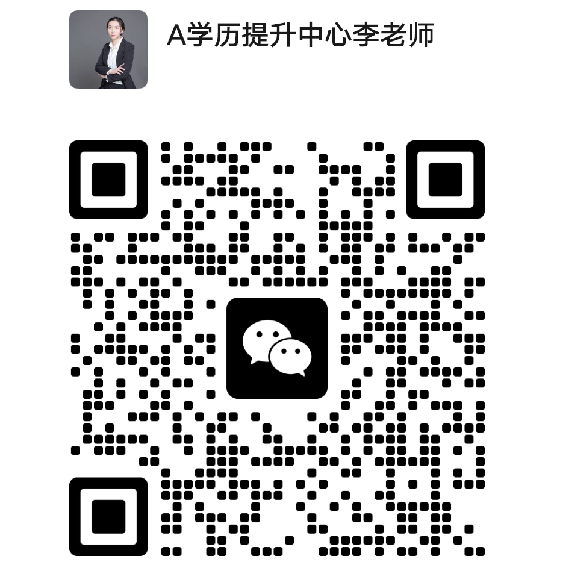2020年山东自考语言与文化考试重点七
2. Greetings and farewells
2.1 Greetings
English : use these sentences “how do you do” “how are you” , “hello” or “hi” are frequently used greeting among colleagues, classmates, friends and family members. For Chinese learners of English it is important to note that many casual greetings in Chinese cannot be carried over into English used as greetings when they meet English speakers. “吃饭了吗”, “上哪儿呀” “去哪了” etc.
2.2 Farewells
English people: when they meet first time: I’m pleased to meet you or it’s nice to meet/know you. It’s nice to have met you. And when they part, they usually say “good-bye, Bye-bye, so long” or “see you later/ tomorrow/on the next Monday.”
Chinese people: usually “再见” “再会” “一会儿见” “明天见” “下星期一见”. And when the visit is over and the guest is seen to the door or gateway by the host, and exchange of utterances like “请留步” “请走好”
3. Introduction
English: introduce a young person to an older one, a man to woman, an inferior to a superior, the guest to the host, and a individual to a group. We mention the woman’s name first unless the man is much older than the woman or very famous. When shake hands, the man should take off the gloves, but the women needn’t. women first extends her hand if they shake hands at all. And add a sentence to descriptive note to bring them closer to each other. Use “how do you do” or “nice to meet/know you”
4. Compliments and responses
English:the response to compliments are almost use “thank you” “I am glad to hear that” “I am glad you like it .”
Chinese: but in Chinese. Modest is a virtue. So although they glad to hear the compliments. But they tend to refuse the compliments.
5. Making telephone calls
English: when they make a call, we must tell the person who answer the call the name, company and what you will do. If the person answer is not available, you can leave a message to him. And when we receive the call, we must tell people the company’s name and ask if there is anything we can do to help.
Chinese: we just said”喂”, we don’t want to tell other our private information
Hello, this is Mary speaking. Who’s calling?
Good morning. James here
This is Toky Electronics. What can I do for ?
Stone Company. What can I do for you ?
Reception. Can I help you?
Who’s calling, please?
May I have your name, please?
Would you tell me your company’s name, please?
Just a moment, Sir
Yes, just a second.
Hold on a moment. I’ll see if he’s in
Hold the line. I’ll find out if he’s in his office.
If you do not mind waiting for a while, I’ll see if he is available.
I’m sorry he is out. May I take a message, so that he can call you?
I’m sorry he is occupied right now. Would you like to leave a message?
Thank you for calling.
Thanks and replies
In both English and Chinese there are expressions of gratitude.
E: thank you, Many thanks, thank you very much, thank you all the same, I’m really appreciative of your time, it’s very kind of you to offer help, I’m grateful for what you have done for me, I can’t thank you enough etc. English people speaks more frequently than Chinese. Even used among the family members. The reply is often used “Not at all” “don’t mention it” “you’re welcome” “it’s my pleasure” “it’s ok”
C: “谢谢” “谢谢你” “非常感谢” “万分感谢” “真不知道该怎么感谢你才好” “多谢了”“谢谢你的好意。” 而中国常用的是“没什么” “不用谢” “不客气” “没什么,这是我应该做的” “这是我的职责。”
本文标签:山东自考 文学类 2020年山东自考语言与文化考试重点七
转载请注明:文章转载自(http://www.sdzk.sd.cn)
《山东自考网》免责声明:
1、由于各方面情况的调整与变化,本网提供的考试信息仅供参考,考试信息以省考试院及院校官方发布的信息为准。
2、本站内容信息均来源网络收集整理,标注来源为其它媒体的稿件转载,免费转载出于非商业性学习目的,版权归原作者所有,如有内容与版权问题等请与本站联系,本站将第一时间尽快处理删除。联系邮箱:812379481@qq.com。







